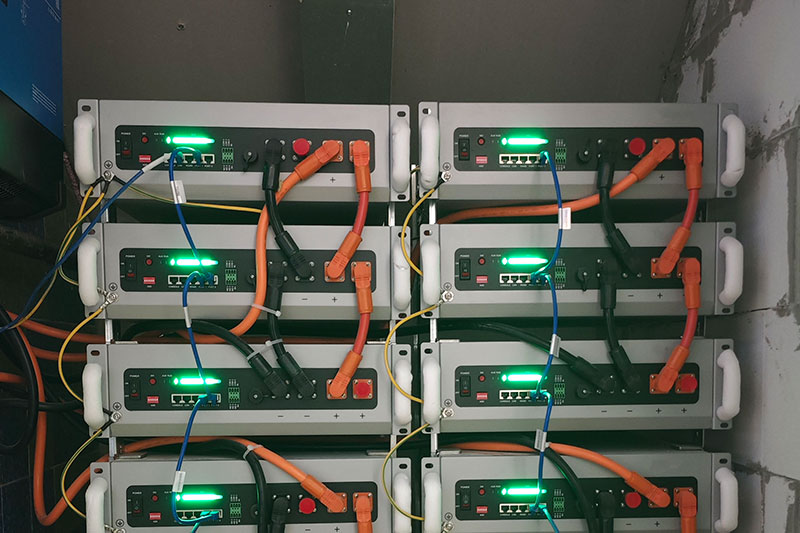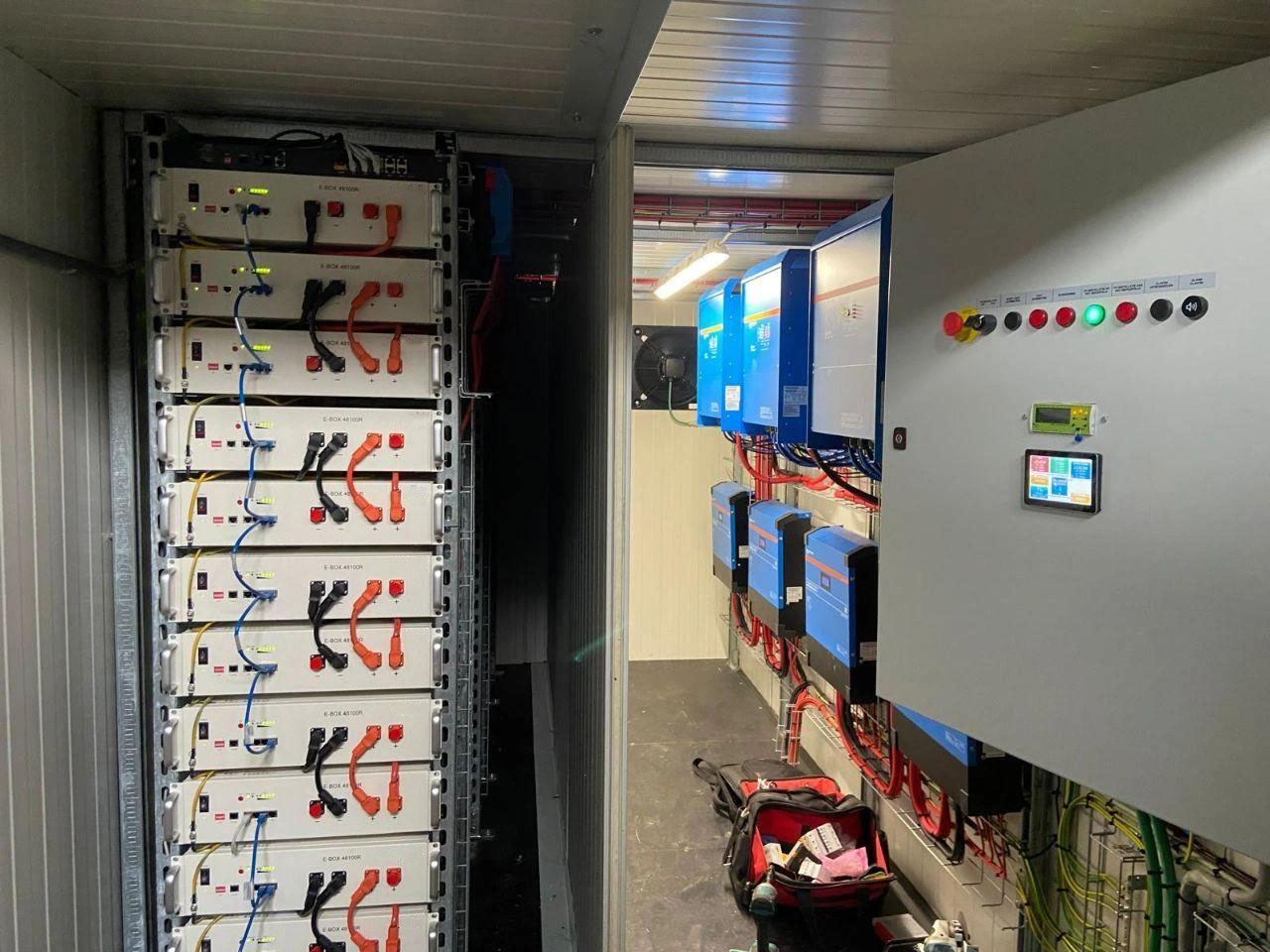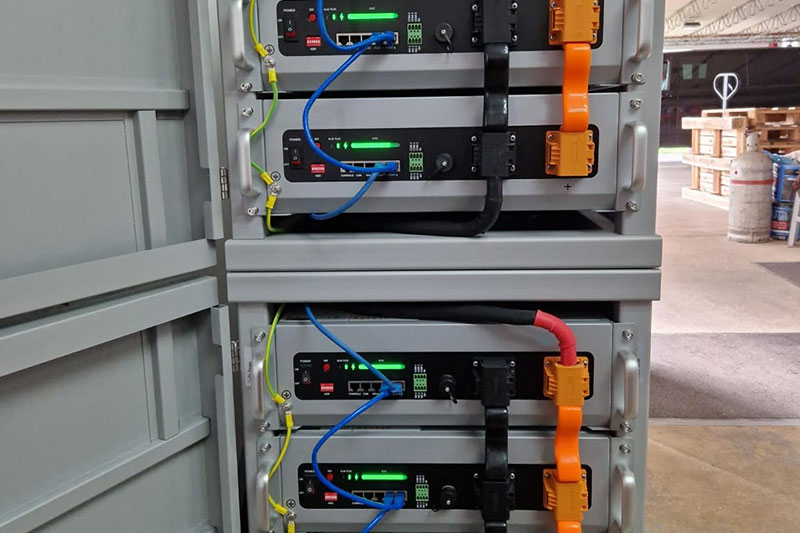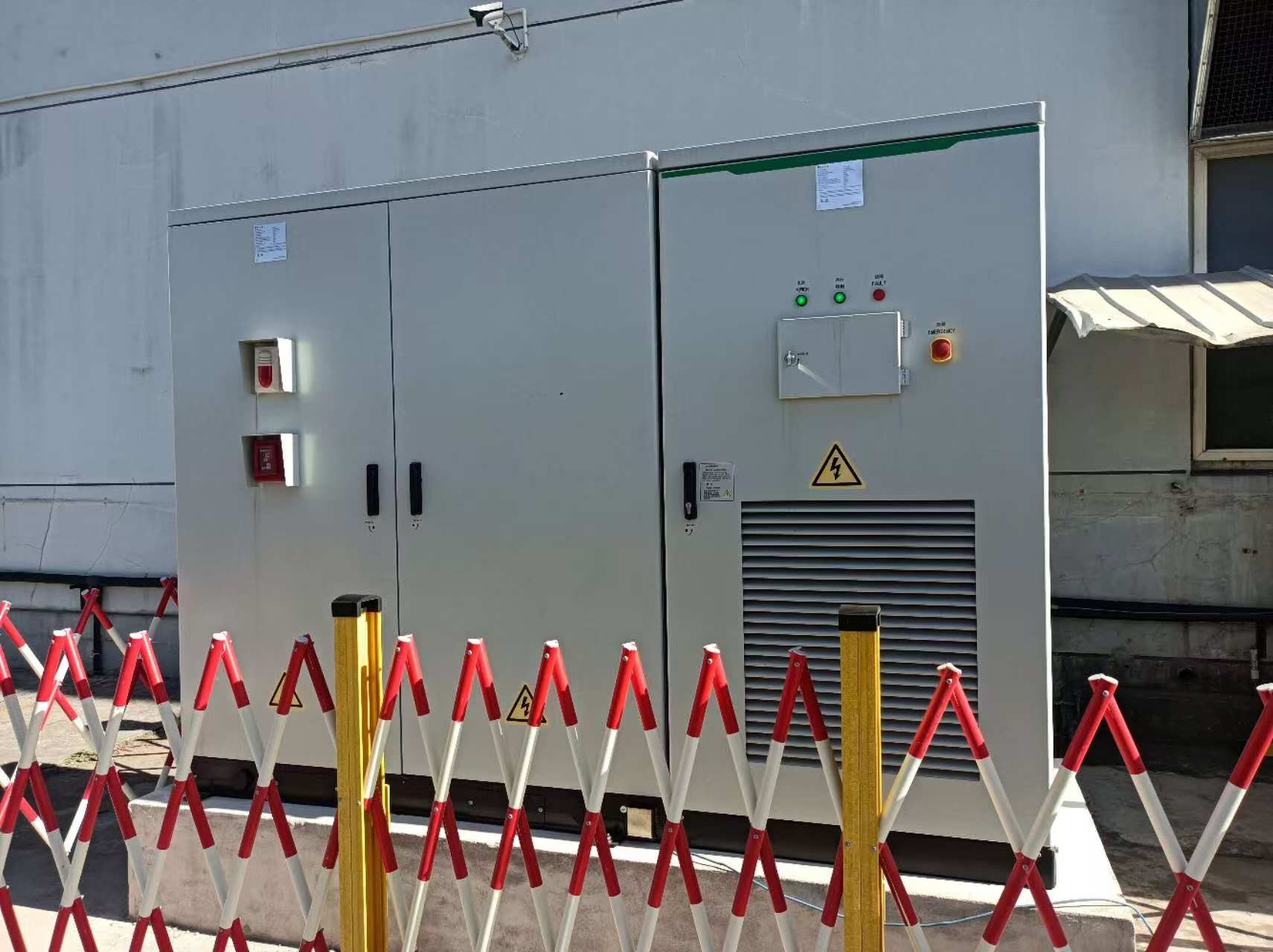Understanding Home Battery Storage
Home battery storage systems allow homeowners to store electricity from solar panels or the grid for later use. These systems enhance energy independence, reduce reliance on utilities, and provide backup power during outages. They can also lower electricity costs by optimizing energy use based on peak and off-peak rates. With technological advancements, home energy storage solutions are becoming more efficient, affordable, and widely adopted.
Is a Home Energy Storage System Right for You?
Home energy storage systems are ideal for homeowners seeking energy independence, lower electricity costs, and reliable backup power. If living in areas with unstable power grids or high electricity rates, investing in a storage solution can be beneficial. Additionally, those with solar panels can store excess energy for nighttime or emergency use. Factors such as budget, energy needs, and government incentives should be considered before installation.
Energy storage is also an excellent option for those wanting to reduce their carbon footprint. By using stored solar energy instead of relying on fossil fuel-based grid electricity, homeowners can contribute to a cleaner and more sustainable environment. This is particularly relevant in regions where renewable energy integration is still in progress and grid stability remains a challenge. With rising energy costs and increasing concerns about energy security, having a home battery system provides a practical way to take control of household power consumption and costs.
Additionally, many modern home energy storage systems come with smart management features, allowing homeowners to monitor and control their energy usage through mobile apps. These intelligent systems help optimize energy consumption, ensuring that stored power is used efficiently and effectively. For individuals who value convenience and control, investing in a home energy storage system with remote monitoring capabilities can be highly beneficial.
Why Should You Keep Reading?
Discover the benefits of home battery storage, whether you need a battery with solar panels, cost-saving potential, best product options, and price considerations. Understanding these key factors can help determine if an energy storage solution aligns with your long-term energy goals. Making an informed decision about home energy storage requires understanding not only the potential savings but also the long-term benefits of energy independence and sustainability.
Do You Need a Battery if You Have Solar Panels?
Solar panels generate electricity during daylight hours, but without a battery, excess energy is sent back to the grid. A home battery allows homeowners to store that surplus for nighttime use or cloudy days. This reduces reliance on the grid and enhances energy security.
Additionally, some regions have reduced incentives for selling excess energy back to utilities, making self-consumption a more attractive option. A battery can also provide backup power during outages, ensuring continuous electricity supply. For those in remote areas, a storage system makes off-grid living more feasible. Without a battery storage system, solar energy production is limited to real-time consumption, potentially leading to wasted energy.
Moreover, certain utility companies impose demand charges based on peak energy usage. Having a battery allows users to manage their consumption more effectively, minimizing sudden spikes that could result in higher fees. This can be particularly beneficial for homeowners who experience fluctuating energy demands throughout the day.
Another key consideration is energy independence. Many homeowners want to reduce their reliance on traditional utilities and ensure they have power during natural disasters, extreme weather events, or grid failures. With an energy storage system, homeowners gain peace of mind knowing they have a reliable energy source, even when external conditions are unpredictable.
How Much Can Home Energy Storage Cut Utility Bills?
Home energy storage helps homeowners lower electricity costs by using stored energy during peak pricing hours. Many utility companies charge higher rates during demand surges, while nighttime rates are lower. A battery system enables users to store electricity when rates are low and use it when prices increase.
With net metering reductions in some regions, homeowners might benefit more from using their stored energy than selling it back to the grid. Depending on energy consumption and battery capacity, savings on utility bills can be substantial over time.
In addition to direct savings, energy storage provides cost predictability. Unlike fluctuating utility rates, stored energy usage allows homeowners to have greater control over their electricity expenses. This is particularly beneficial for households with high energy consumption or those who want to future-proof against rising energy costs. Energy storage can also help in areas where electricity rates are expected to increase over time, making an investment in home battery storage a long-term financial strategy.
Which Option Is Best for Your Home?
Hicorenergy offers advanced home energy storage solutions, including the I-BOX 48100R, C5°, and Si LV1 models. These systems provide safety, efficiency, and seamless integration with solar panels and major inverter brands.

I-BOX 48100R: Compact and flexible, supporting various installation options, with a 10-year warranty and over 6,000 life cycles. This system is ideal for homeowners looking for a durable and scalable energy storage solution.
C5°: Offers remote monitoring, high charge/discharge rates, and a wide temperature range for reliable performance. With smart technology, users can optimize energy storage and consumption based on their specific needs.
Si LV1: Plug-and-play design with a modular structure, enabling easy expansion and fast installation within 15 minutes. This system is perfect for those who need quick and efficient energy solutions with minimal installation hassle.
Each of these options provides cost-effective, scalable energy storage for homeowners looking to enhance their energy efficiency. Depending on the household’s electricity demands and available space for installation, selecting the right model can maximize energy savings and ensure a smooth transition to energy independence.
How Much Does a Home Energy Storage System Cost?
The cost of a home battery storage system varies based on capacity, technology, and installation requirements. On average, systems range from $5,000 to $15,000 before incentives. Factors influencing price include battery chemistry, warranty, and brand reliability.
Government rebates and incentives can reduce upfront costs, making home energy storage more accessible. Additionally, long-term savings from reduced utility bills and increased energy independence can justify the investment. Some financing options and leasing programs are also available, helping homeowners install energy storage solutions with manageable upfront expenses.
Besides the initial cost, homeowners should also consider maintenance expenses. Hicorenergy’s lithium battery solutions are designed for long-term use with minimal upkeep. Their advanced battery management systems ensure optimized performance, extending the lifespan of the storage unit and reducing the likelihood of unexpected repair costs. Investing in a high-quality battery system can result in significant energy savings over time while providing greater resilience against grid instability and blackouts.

Summary of Hicorenergy Products
Hicorenergy provides safe, reliable, and efficient home energy storage solutions. With advanced lithium battery technology, scalable designs, and high compatibility with solar systems, these products help homeowners reduce energy costs and gain independence from the grid. By investing in a high-quality storage system, users can enjoy uninterrupted power, increased self-sufficiency, and long-term financial benefits. Whether looking for an energy backup, increased solar efficiency, or overall cost savings, Hicorenergy has solutions tailored to meet different household energy needs.


















